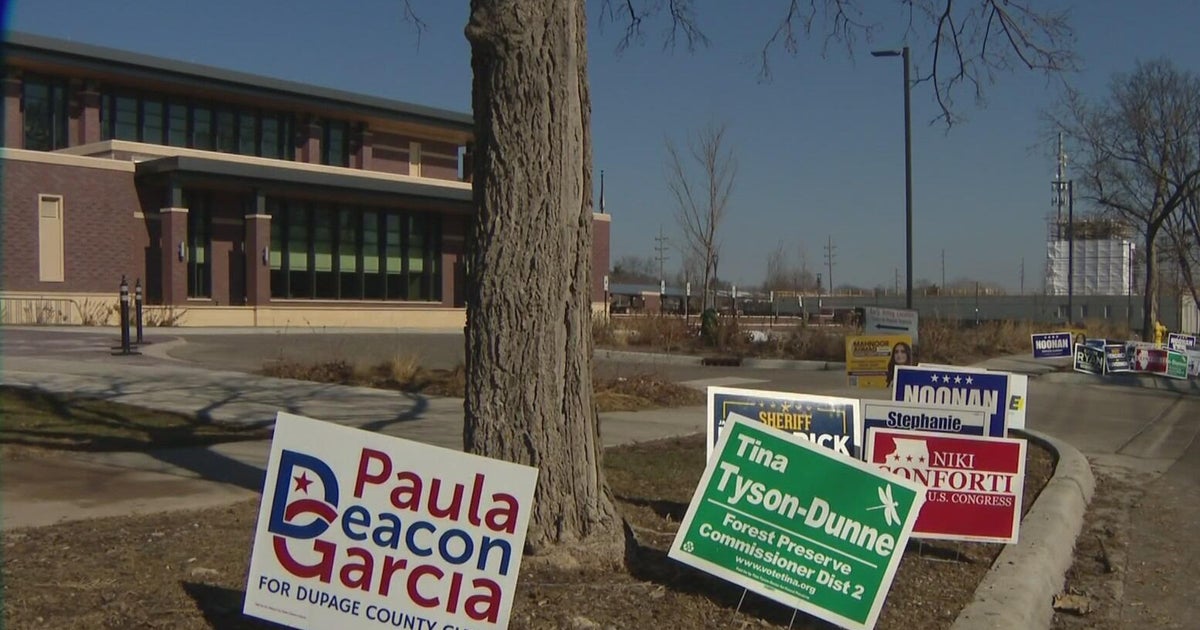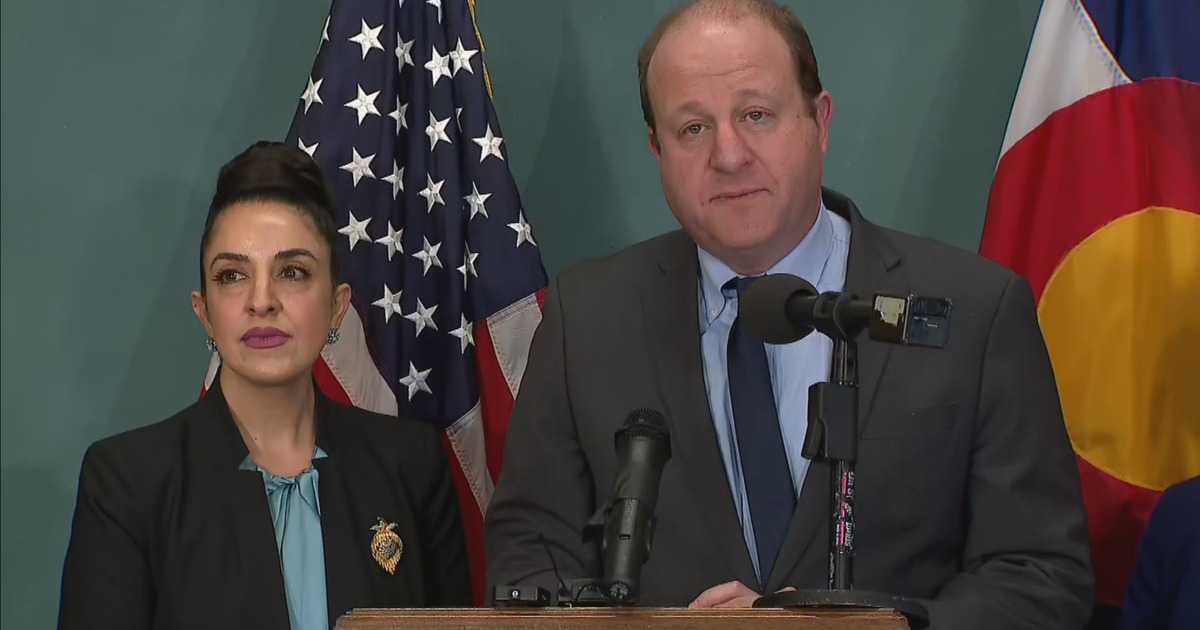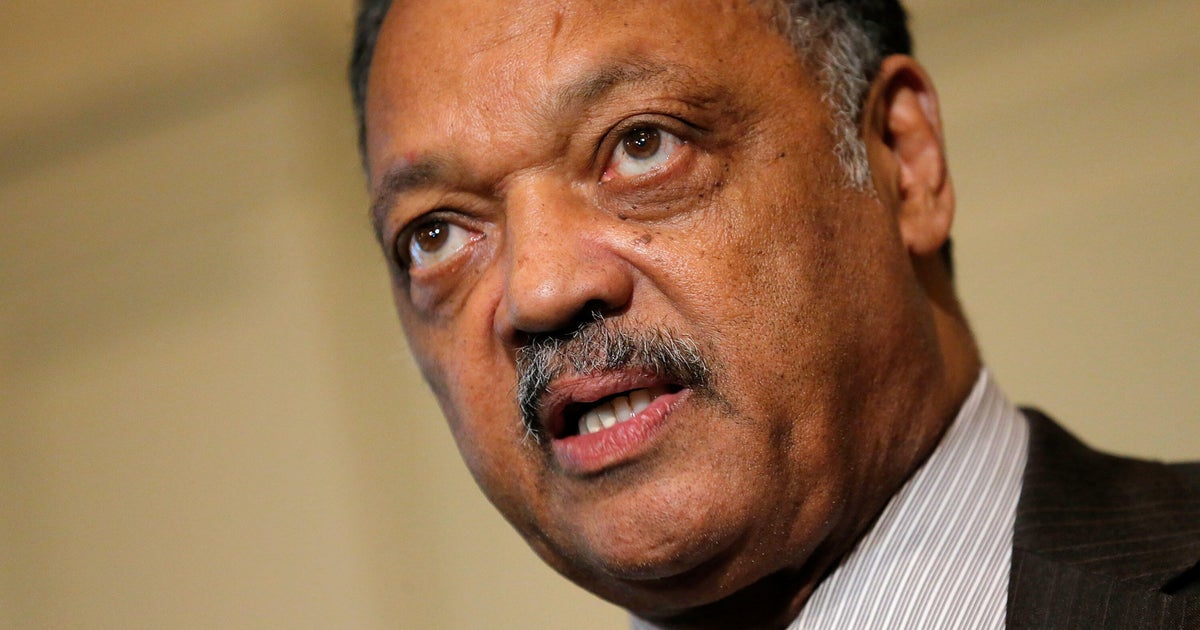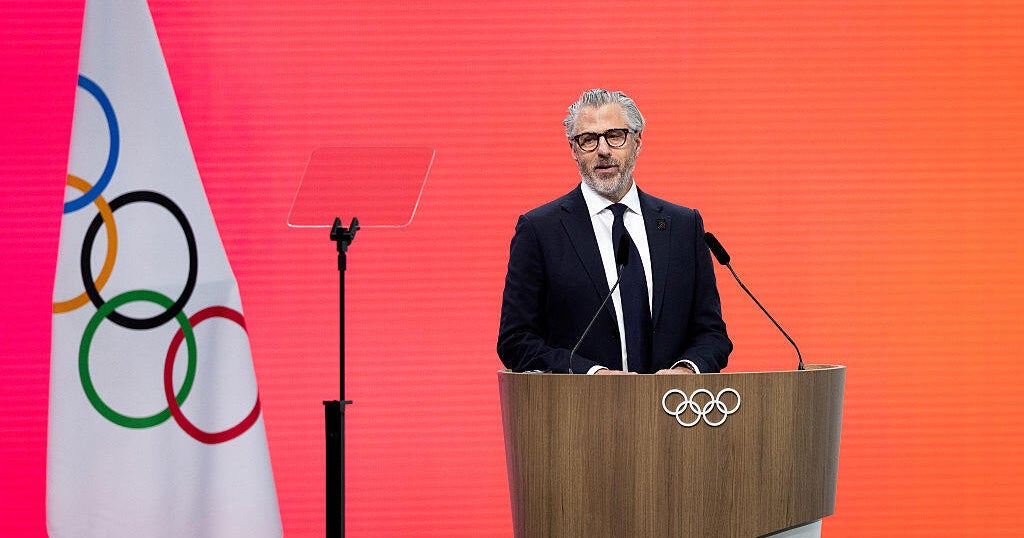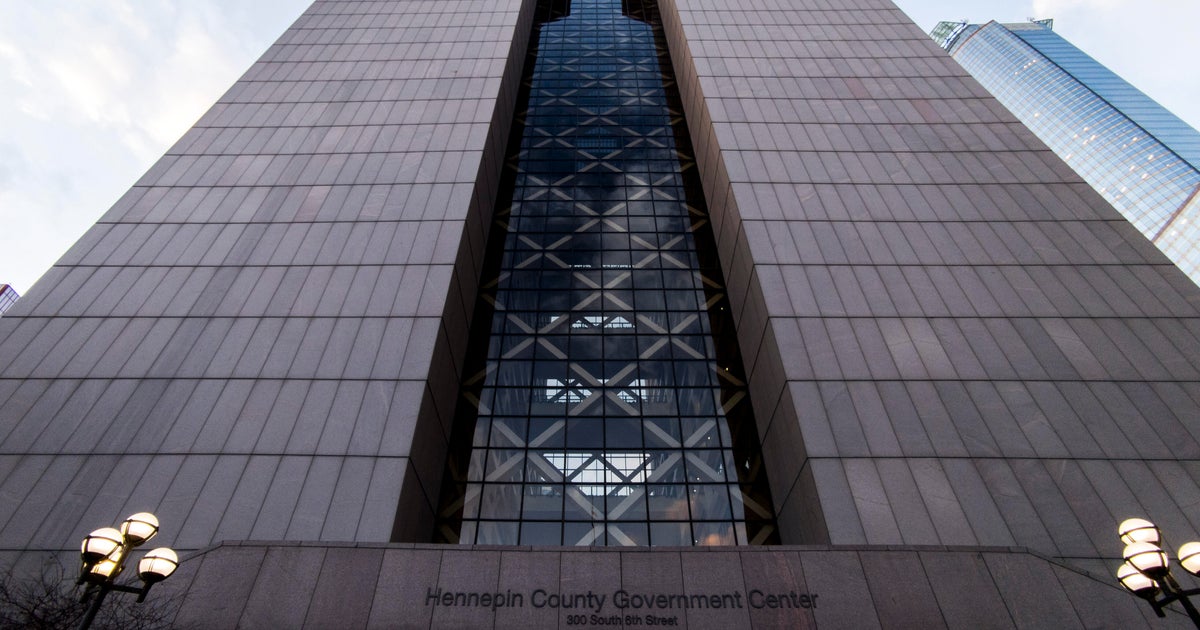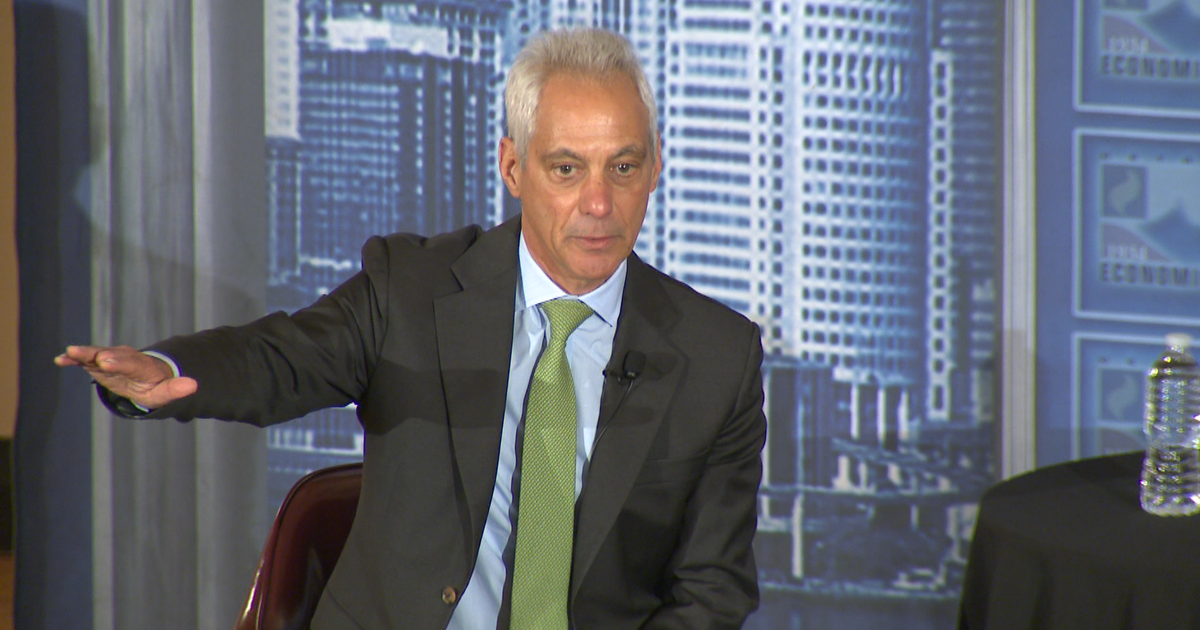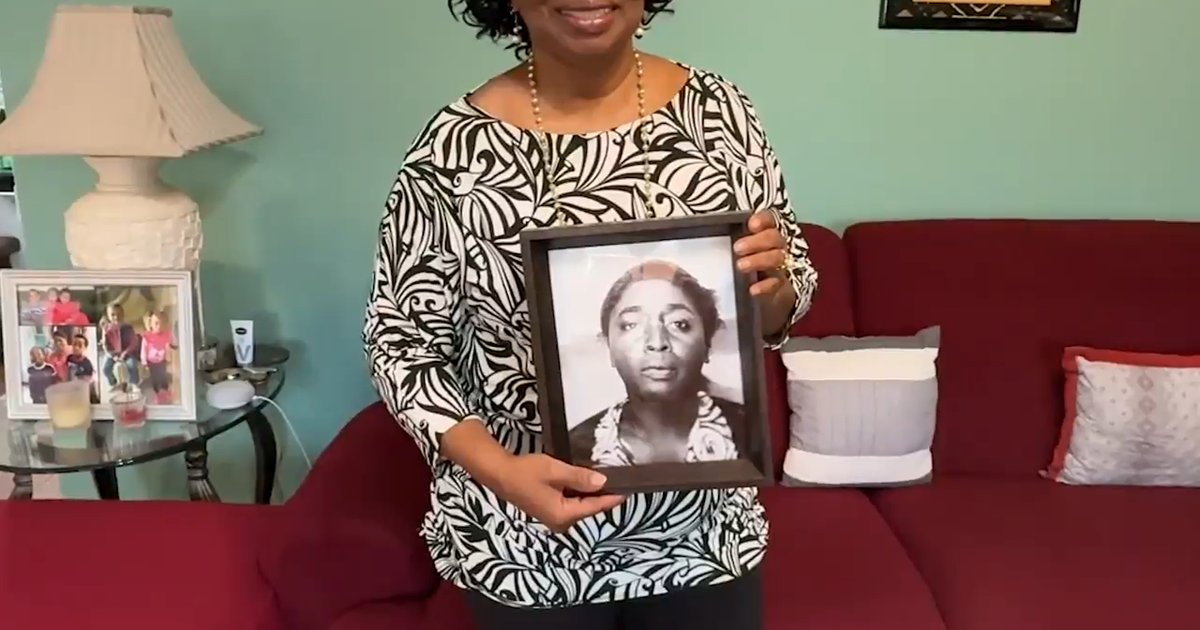High Court: Emanuel Will Be On Ballot
Updated 01/27/11 - 6:32 p.m.
CHICAGO (CBS) -- The Illinois Supreme Court has ruled that Rahm Emanuel will remain on Chicago's mayoral ballot.
The unanimous decision by the seven-justice body reverses a decision by the Illinois Appellate Court, which ruled that Emanuel did not meet the residency requirements to run for mayor in the Feb. 22 election.
LISTEN: Newsradio 780's John Cody Reports
Podcast
In the Supreme Court ruling, Justice Bob Thomas wrote that the Chicago Board of Elections correctly ruled that Emanuel did not give up his legal residency in Chicago when he went to work at the White House.
"Only when abandonment is proven is residence lost. ... Once a residence has been established the presumption is that it continues, and the burden of proof is on the party claiming that it has been changed," Thomas wrote.
READ THE FULL SUPREME COURT OPINION
The high court -- four Democrats and three Republicans -- also criticized the appeals court ruling that found Emanuel should be knocked off the ballot, saying "The appellate court's residency analysis remains fundamentally flawed."
"So there will be no mistake, let us be entirely clear. This court's decision is based on the following and only on the following: (1) what it means to be a resident for election purposes was clearly established long ago, and Illinois law has been consistent on the matter since at least the 19th Century; (2) the novel standard adopted by the appellate court majority is without any foundation in Illinois law; (3) the Board's factual findings were not against the manifest weight of the evidence; and (4) the Board's decision was not clearly erroneous," Thomas wrote.
Emanuel said that his first reaction upon hearing about the Supreme Court ruling was to tell his family.
"I wanted to call my wife first to talk to her and the kids," Emanuel said. "I called and notified my parents, but thanks to the electronic age, my parents had already heard."
Emanuel also said he got a congratulatory call from his former boss, President Barack Obama, but Emanuel declined to go into detail about that call.
He said the ruling was a vindication of his opinion that voters should decide who to vote for.
"As I said from the beginning, I think that the voters deserve the right to make the choice of who should be mayor and I think what the Supreme Court said was, basically, in short that the voters will make the decision who should be mayor, nobody else should make it for them," Emanuel said.
Although the ruling was unanimous, two justices -- Anne Burke and Charles Freeman -- wrote a separate opinion, stating that they believe the case "is in no way as clear-cut as the majority makes it out to be."
Burke and Freeman said that the other justices focused entirely on an 1867 case that held that legal residency is a matter of intent, but failed to address other Illinois court cases that held intent alone is not enough to establish legal residency.
"Suffice it to say, therefore, that this court has not always spoken clearly on what is meant by residency, and the majority should acknowledge this fact," they wrote.
Burke and Freeman said the appeals court that ruled against Emanuel "did the best it could without the benefit of a supreme court opinion which clarified the standards."
But they also said they agreed that Emanuel did not give up his legal residency because he rented out his home when he went to work at the White House, so they agreed to reverse the appeals court decision.
On Tuesday, the high court had put the appeals court ruling on hold, ordering elections officials to include Emanuel's name on the ballot. The elections board had already printed 300,000 ballots without Emanuel's name in the wake of the appellate ruling, but has since printed new ballots with Emanuel included.
"The printing has moved ahead steadily, working all three shifts since Tuesday. We are well into the process with more than 1 million ballots printed," Langdon Neal, chairman of the Chicago Election Board, said in a written statement.
Attorney Burt Odelson, who led the effort to have Emanuel removed from the ballot, said Thursday evening that he was disappointed with the Supreme Court ruling. But he said he sees no reason to take the case to the U.S. Supreme Court.
Odelson also said the ruling sends a message that you don't have to live in your city to run for local office.
Rival candidate Gery Chico said late Thursday that "Emanuel's residency drama has made this election into a circus instead of a serious debate about the future of Chicago. Now that the Supreme Court has made their decision, the residents will choose their next mayor based on the candidates' track records and their vision for Chicago."
"With less than 30 days to go until Election Day, there is no time to waste. Game on," Chico added.
Candidate Miguel del Valle said, "I am glad this question has finally been resolved. As I have said throughout my campaign, this has served as a real distraction that has kept people from focusing on the issues that are of concern to the neighborhoods of the city of Chicago--our neighborhood schools, public safety, and fixing our budget deficit."
"With only three weeks left before the election, I strongly encourage Emanuel to come out to the communities and to participate in forums, as I have been doing for months. I've been to 16 forums. He has been at none of those. I hope he'll come out and respond to the questions of the voters," del Valle added. "Regardless of who is on the ballot, my campaign continues to focus on lifting up Chicago's neighborhoods and bringing people together."
The top four candidates held their first major televised debate on WGN-TV Thursday night.
Emanuel has long been considered the front-runner in the mayoral race, in which he is up against Carol Moseley Braun, Chico, del Valle, Patricia Van Pelt Watkins and William "Dock" Walls.
Opponents had been trying to get Emanuel removed on the grounds that he did not physically reside in Chicago for the required one year before the upcoming February election. He moved to Washington, D.C., two years ago to be President Obama's top aide.
"The objectors claim that, once a person rents out a residence, he or she has abandoned it as a matter of law. This is obviously incorrect," Thomas wrote in the Supreme Court ruling.
But Emanuel's legal team argued that he always intended to return to Chicago, noting that he has been a qualified, registered voter in Chicago and maintained ownership of his Ravenswood home.
